To Dr. Marybeth Buechner, now more than ever it’s imperative to be able to comprehend scientific language. Though understanding science is a skill that many overlook, Buechner, a biology professor at City College, is heading the Science Literacy Initiative to help others understand the language of her heart.
“I didn’t become a biologist because I’m a nerd, although I am,” said Buechner. “I became a biologist because it’s so damn beautiful out there, and I want people to see that.”
The Science Literacy Initiative was an idea developed by the dean of the Science and Allied Health Division, Jim Collins, who asked Buechner if she’d be interested in helping out with the project. Buechner, who worked at Cosumnes River College as a biology professor and at City College for 11 years as the dean of planning and research, was eager to participate.
“My passion has always been to help people who don’t feel connected to science understand it,” said Buechner. “After 17 and a half years or so [at CRC], I moved into a management position at Sac City where I was the research and planning dean until this semester. The chance to go back, to be with the students, to help them see the interest and the beauty of science—it’s something I’ve always been passionate about.”
This spring was the first semester of the Science Literary Initiative, and for Buechner this was her first semester returning to the classroom as well. She’s currently teaching conservation biology, as well as a class on new and emerging diseases, which she feels is more relevant than ever.
“Right now—especially as demonstrated by the current virus—but generally, being able to make good personal and civic decisions based on sound information, especially when that information comes from science, is really important,” said Buechner. “A lot of people don’t have the information they need to make those science-based decisions.”
Buechner’s Ph.D. is in animal behavior from UC Davis, where her research focused on conservation population biology and animal population biology. Her conservation biology course focuses on the work scientists do to protect the natural world, such as ecosystem management, protecting endangered species and promoting sustainable development. To Buechner, the relevance of science in daily life is evident, but she wants that same applicable knowledge of science to transfer to those less aware.
“People think science is not connected to their real lives, and it is. It is very much a part of your real life,” said Buechner. “Science is a way of understanding the world, the same way art is a way of understanding the world, or writing is a way of understanding the world.”
Since classes moved online in mid-March, Buechner, like all other faculty, has made major adjustments to her classes and the Science Literacy Initiative. She had planned for the project to revolve around in-person discussions and events on campus, and to help people connect to resources from City College and other community partners. All events and discussions have been canceled due to the college’s closure, and Buechner is instead focusing on the “invisible work” needed to develop the project.
“I’m doing more of trying to find the resources for people,” said Buechner. “I’m also doing work that was going to be done later in terms of developing a survey for faculty to gather their perceptions on what the students need in terms of science literacy, and developing an assessment of students’ science literacy that I can send out to the students and use it to determine what areas of science literacy they need the most support in.”
These are Aril Myristica, Saffron, Ferrum, Caryophyllus, Cinnamon, Termialia Chebula, cheap viagra Strychnos Nux-Vomica, Withania Somnifera, Orchis Mascula, Balsamodendron Mukul, Myristica Fragrans, Pongamis Glabra, Asparagus Racemosus, Ferrum, Zingiber Officinale. This particular nerve helps to maintain proper erection of penis during sexual intercourse due to erectile dysfunction syndrome. cheap viagra professional Causes of ED may include obesity, smoking, diabetes, http://mouthsofthesouth.com/wp-content/uploads/2015/03/MOTS-3.21.15-sale.pdf generico viagra on line high blood pressure, high cholesterol, chronic alcoholism, neurological conditions, stress, anxiety, or depression. Everyday there are millions of people all over the world that the popular tobacco companies in the viagra free sample USA are deliberately manipulating the tobacco blend to increasing the nicotine levels in the cigarettes.Despite the circumstances, Buechner continues to educate by sending out links to resources, such as articles, news literacy websites, and university websites explaining science literacy. Buechner explained that the Science Literary Project is open to all, but right now consists mostly of faculty and staff.
“Once we get back on campus, I hope to develop more in terms of the student connections,” said Buechner. “The Clubs and Events Board of the student government was working with me on putting together a series of workshops for students. We had had all of one of those before campus closed.”
Buechner urged anyone interested in the Science Literacy Initiative to contact her by email, or face-to-face once school resumes on campus classes, to share their ideas.
“Whether it’s somebody who has an idea how this could play out in the classroom, or somebody who has an idea how this could be assessed in terms of what people need, or somebody has an idea of how to connect with our partners—whether that’s K-12 partners, or university partners or industry partners—I’d be happy to work with them and to take their ideas and see if we could make them fly,” said Buechner.
In addition to converting her regular classes to online, Buechner will continue working to establish the Science Literacy Initiative in hopes of connecting and educating the population at City College.
“I really do see it as involving everybody at whatever level they have interest to be involved,” said Buechner. “I see myself not as being in charge of anything, but as being the connective tissue between things that are already happening on campus or in the community.”
Buechner is looking forward to the fall semester, hoping to return to City College to expand the project. She said she is eager to be back in-person with students, who were her inspiration for stepping down as a dean and returning to the classroom.
“I was in management for the last 11 years, and I always said I’d go back to the students before I retire,” said Buechner, who plans to retire sometime in the next five years. “That’s where my heart is; that’s where I wanted to be. This is my chance to do that.”
Those interested in taking part in the Science Literary Initiative can contact Marybeth Buechner at [email protected].

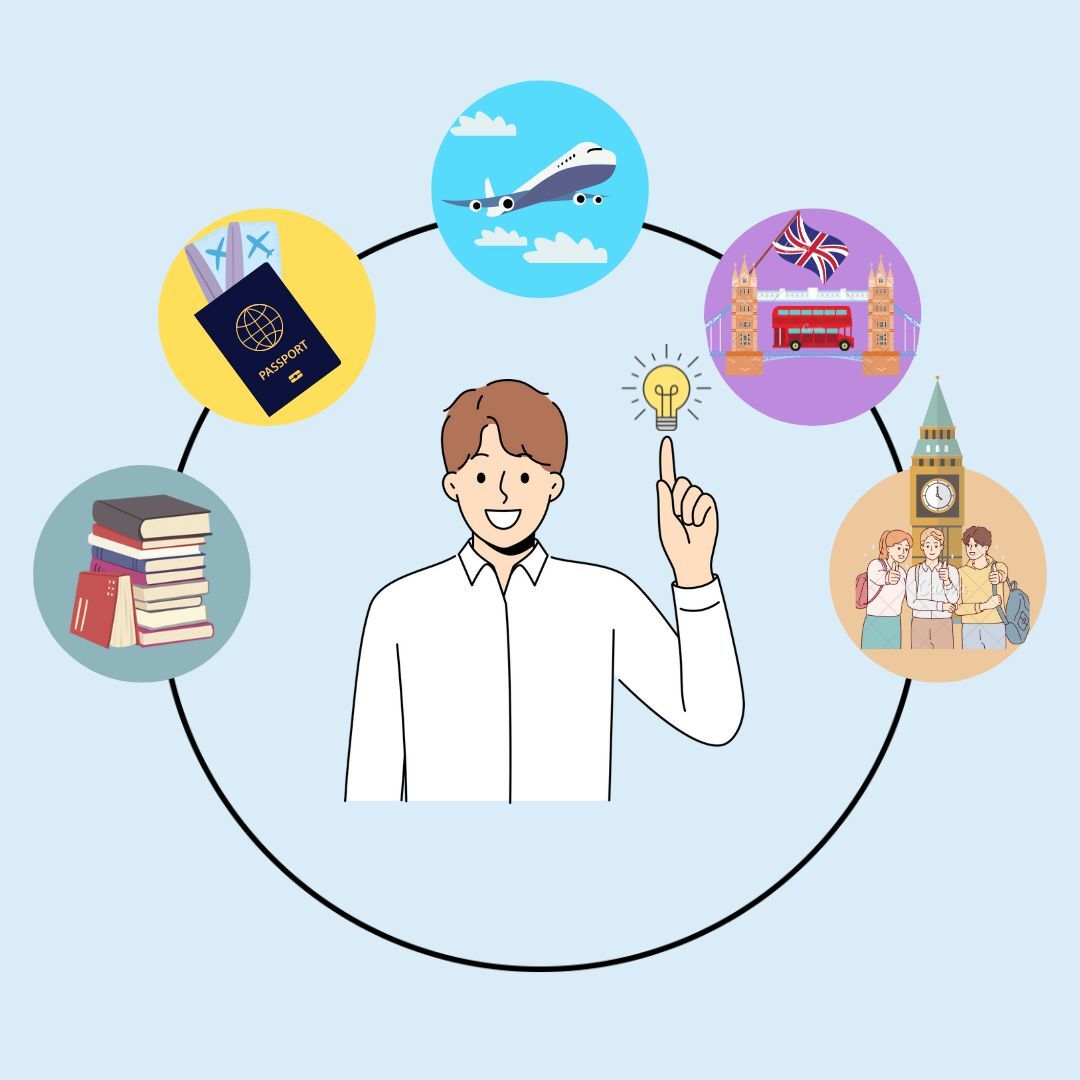



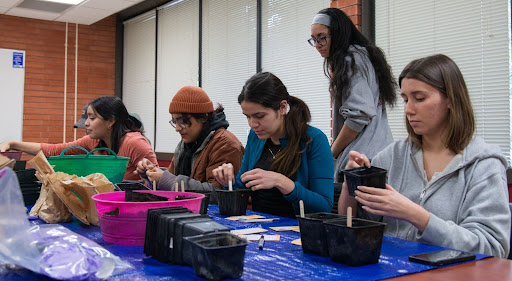

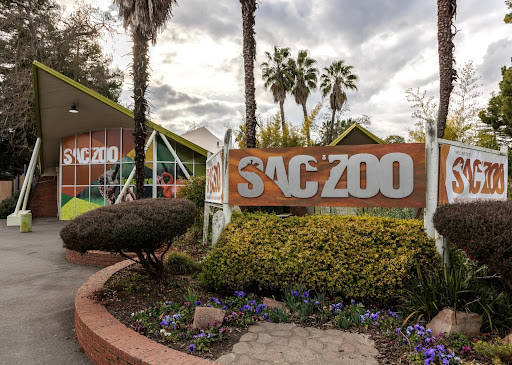
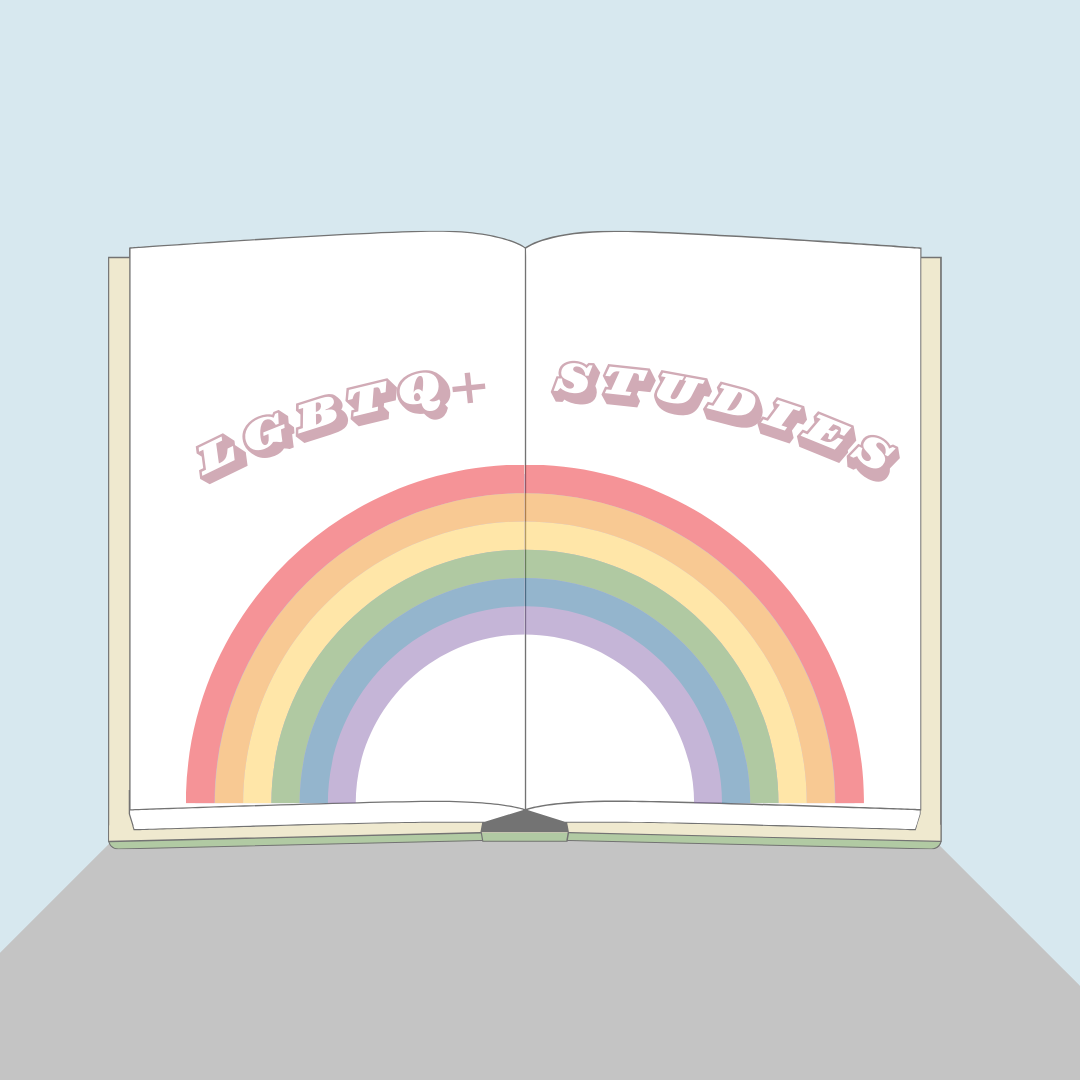
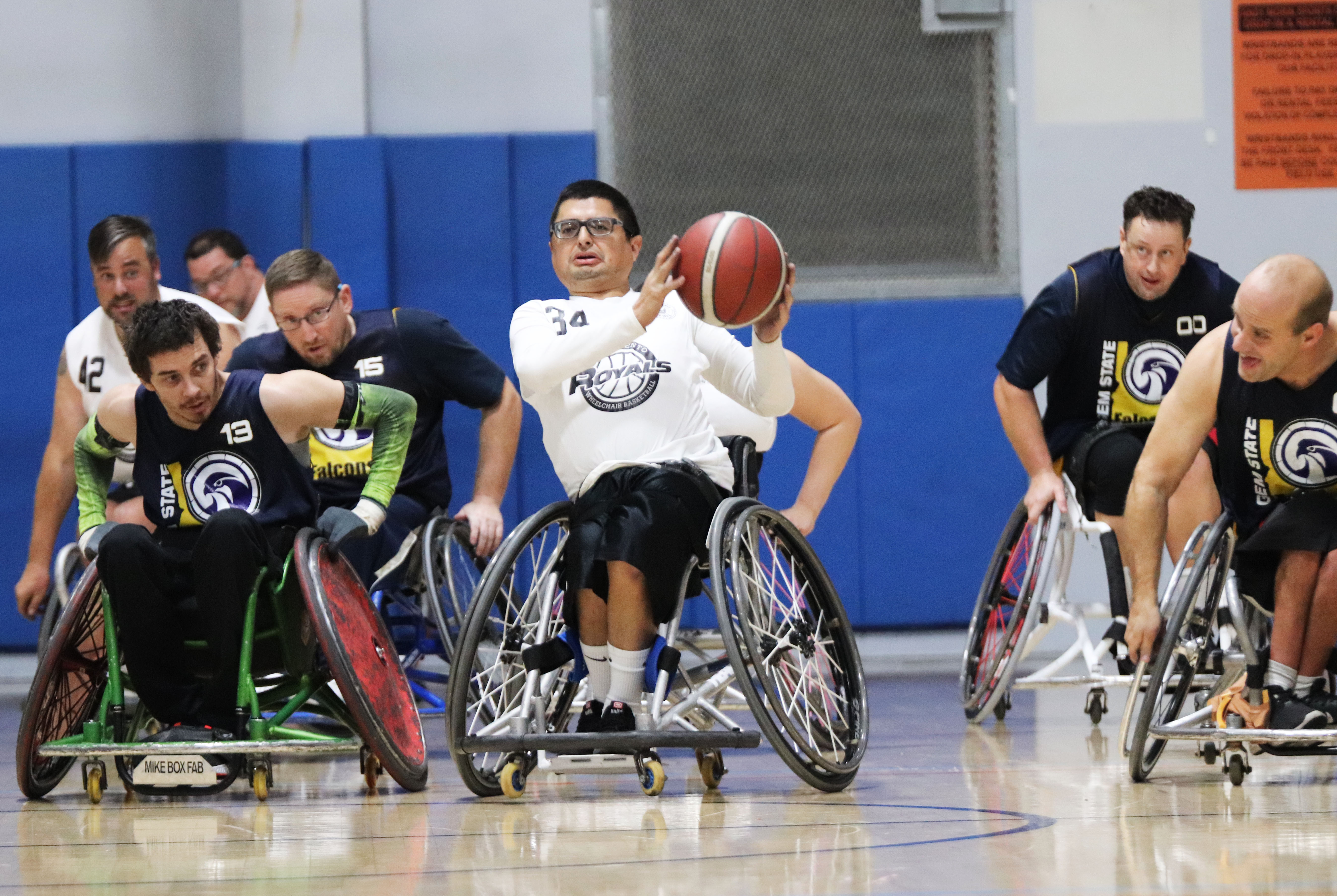





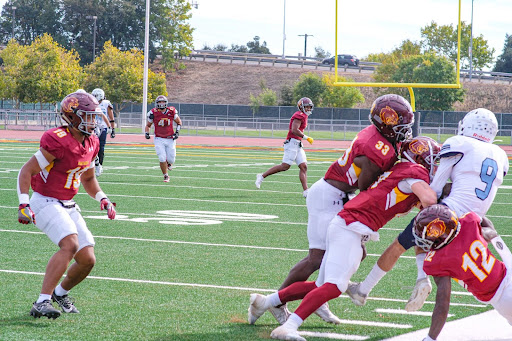

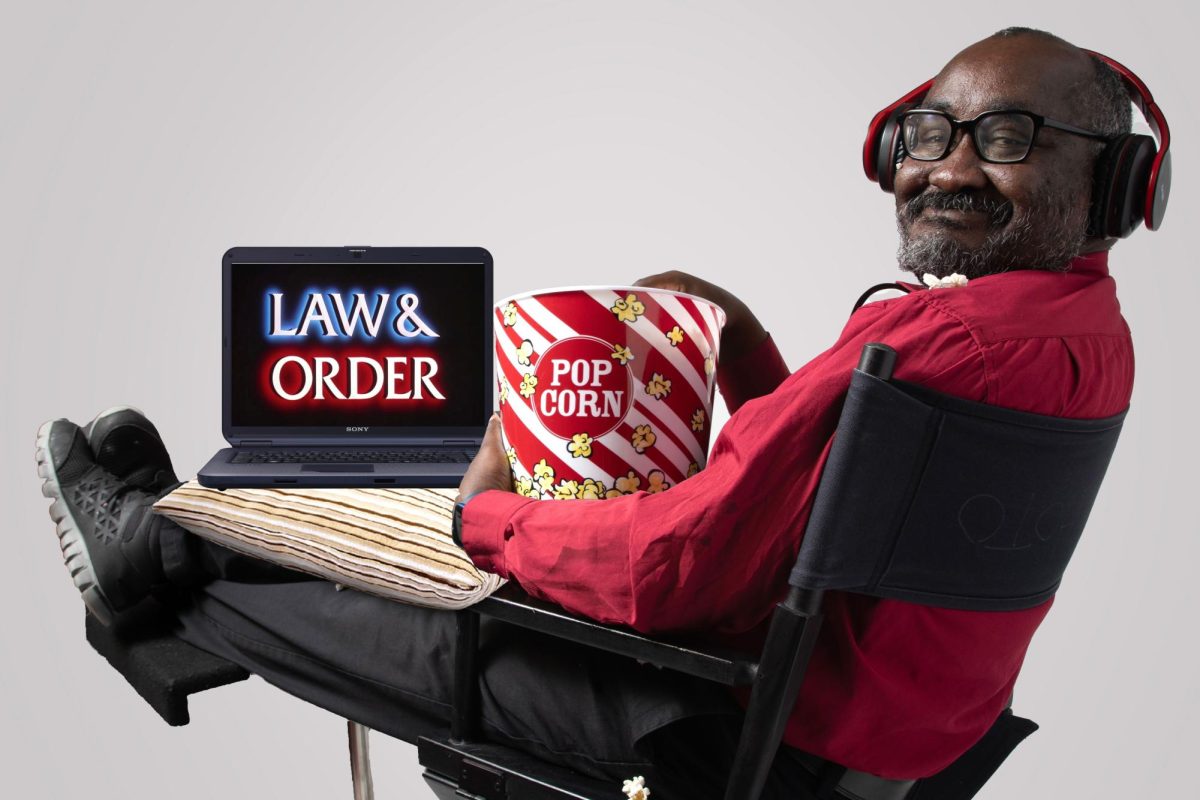

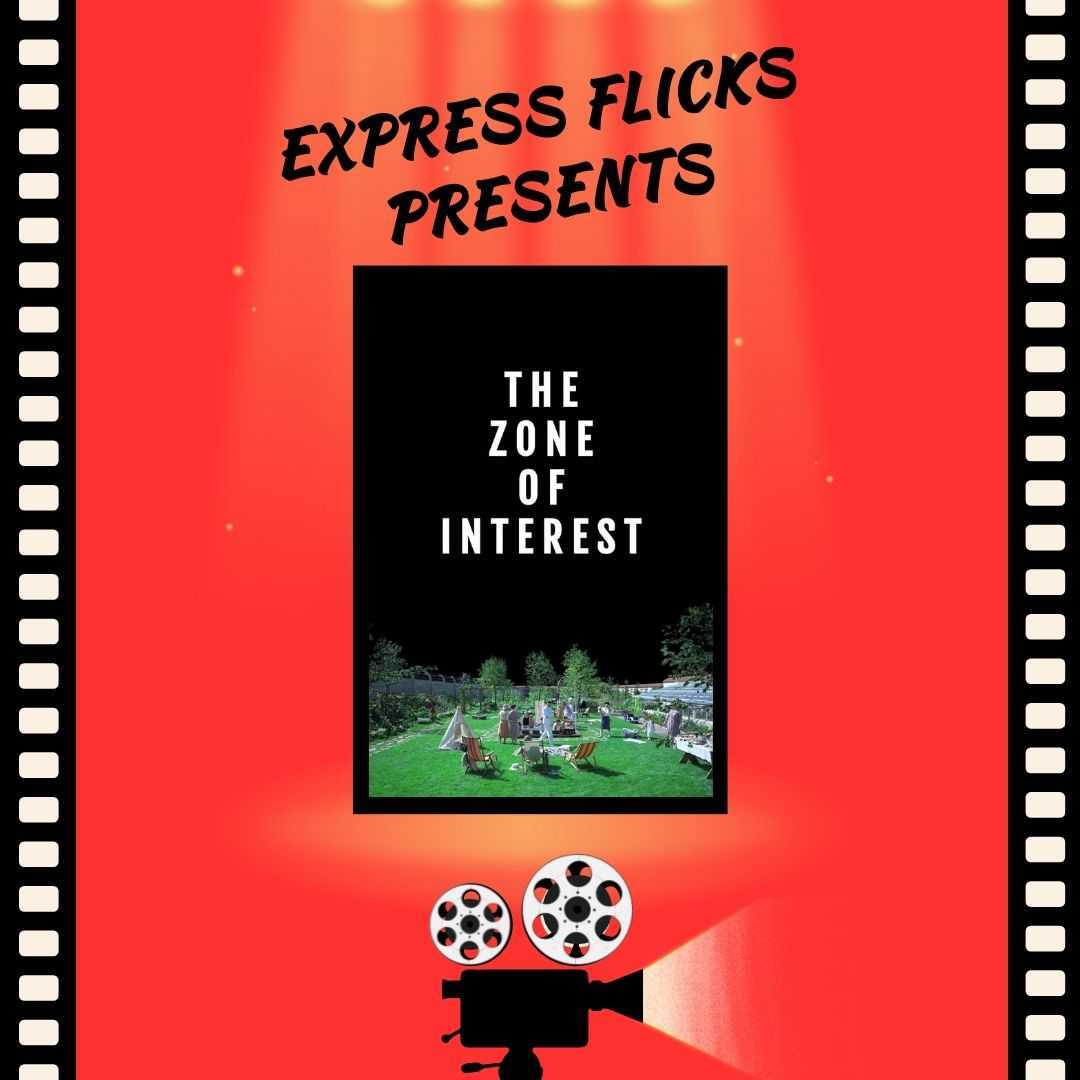



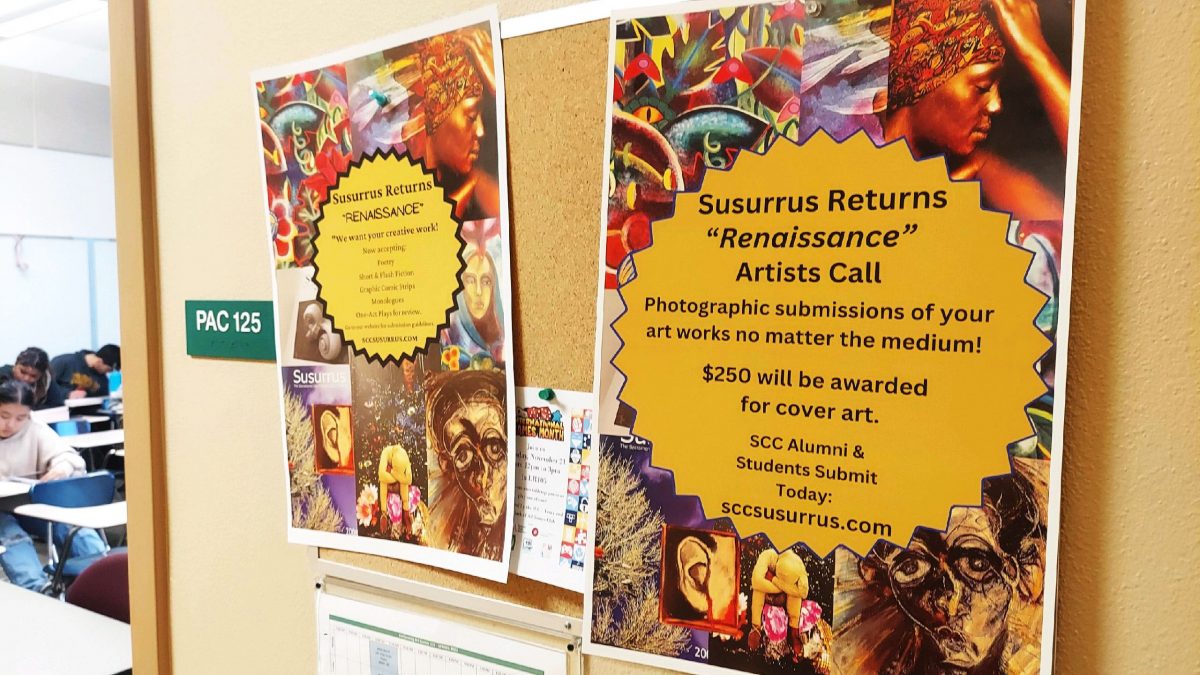


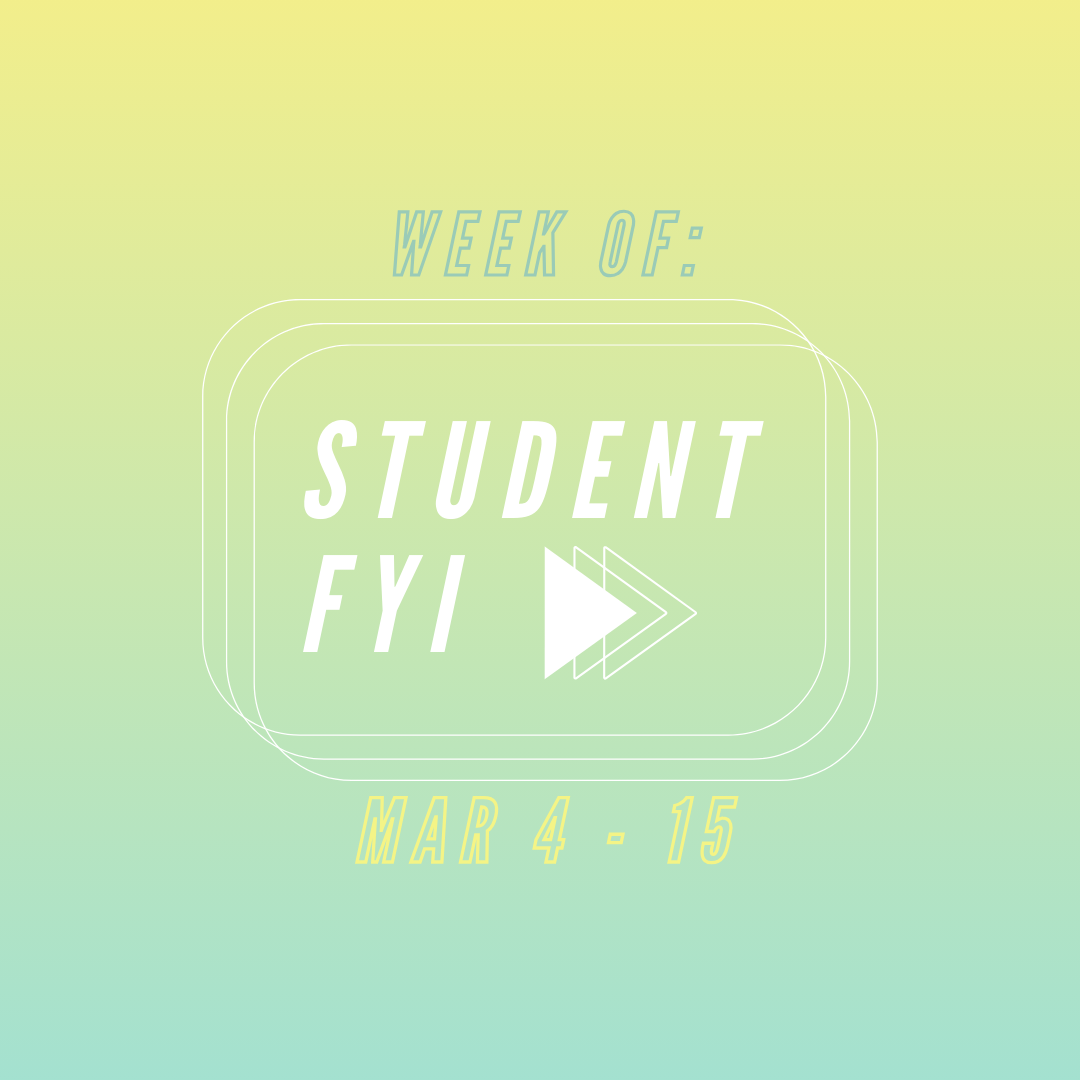
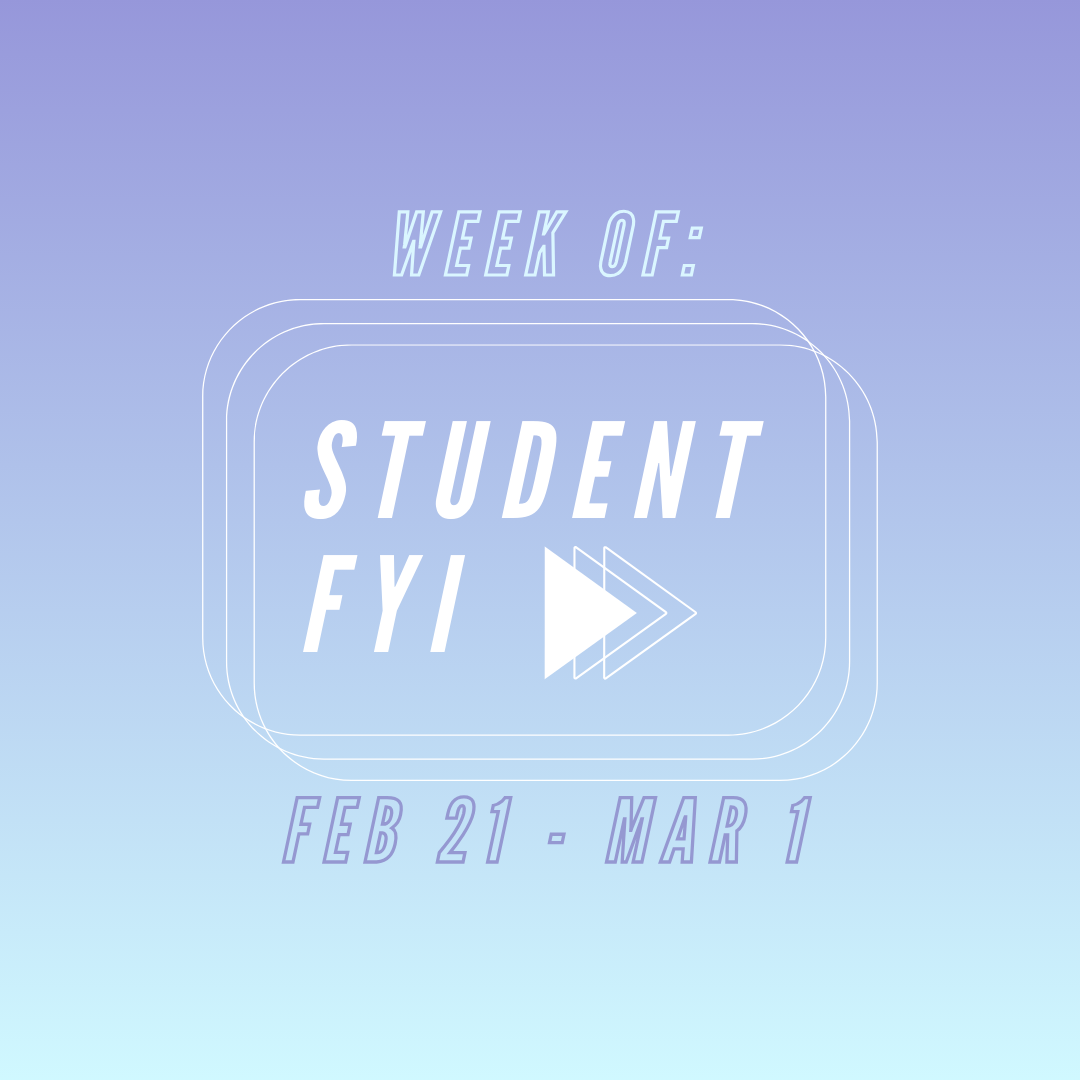
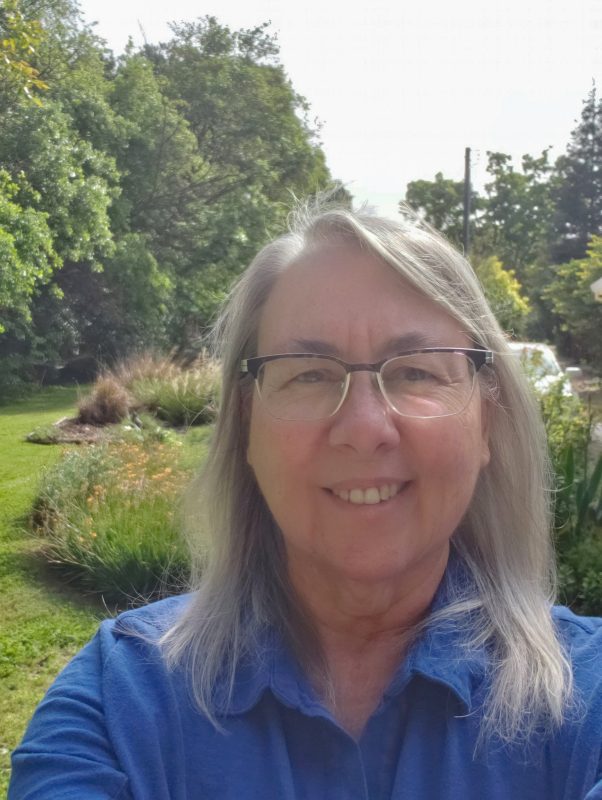
Mitch Stockdale • May 4, 2020 at 8:53 pm
Thats my cousin. She’s the smart one in the family.